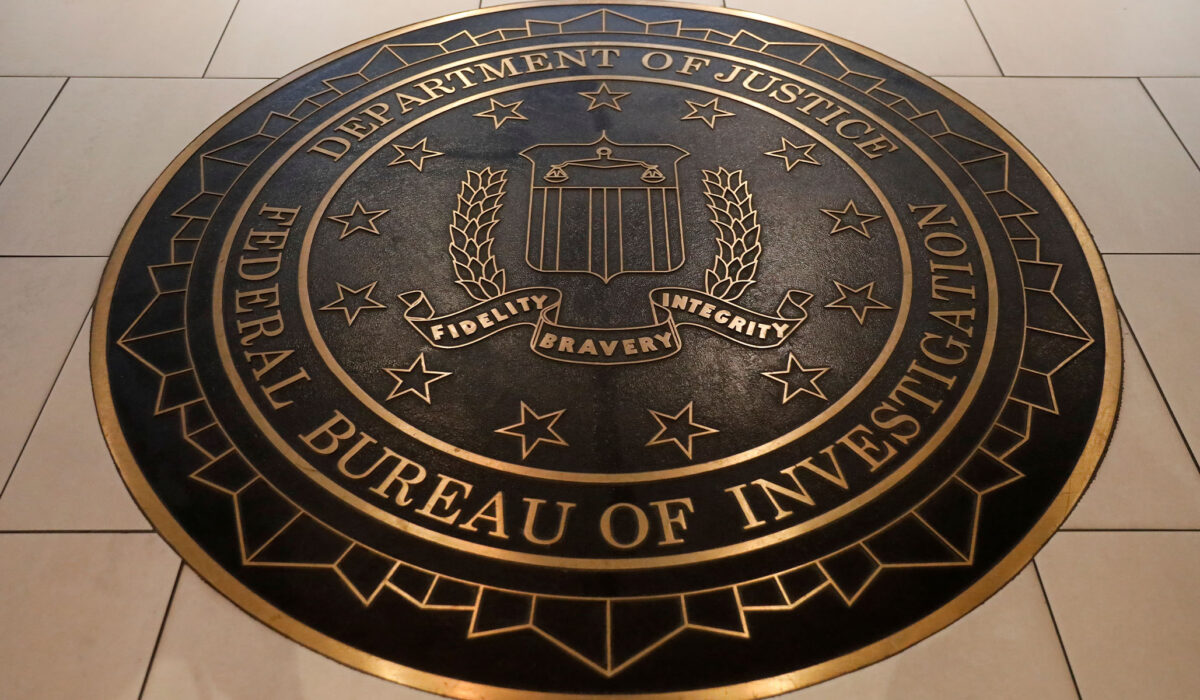FBI Scrutiny of Senators’ Phone Records Raises Questions
Why is anyone shocked to hear that the FBI perused senators’ phone records around the time of a riot at the Capitol over which the president had been impeached? That line lands hard because it ties surveillance to a politically charged moment, and Americans deserve plain answers about how and why lawmakers’ communications were swept up. This isn’t a theoretical civil liberties issue, it’s a concrete moment where power and politics collided.
For many on the right, the sight of a federal agency combing through the phone logs of elected senators looks like selective scrutiny dressed up as routine investigation. The timing—near a Capitol disturbance and an impeachment—makes the move feel less like neutral law enforcement and more like politically timed pressure. People worry this sets a precedent where surveillance can chill dissent and steer political outcomes.
Transparency is the obvious demand. If records were reviewed, the agencies involved should explain the legal basis, chain of authorization, and the safeguards that were supposed to protect lawmakers’ privileged communications. Without that, trust in institutions erodes and suspicions fill the void. Republicans argue oversight committees must get clear files and not vague assurances.
There are two separate but related problems: the legal authority used to access the records, and the judgment behind using it at that specific moment. Even if warrants or subpoenas were technically obtained, the choice to seek senators’ data when politics and public outrage were boiling over raises serious questions about discretion. Bad judgment can be as harmful as illegal action when it damages democratic norms.
History offers hard lessons about intelligence tools being repurposed against political opponents, and those memories shape how people interpret new incidents. When surveillance appears one-sided, it harms the credibility of law enforcement broadly and feeds partisan narratives of abuse. That’s why Republicans press for narrow, time-limited, and transparently supervised uses of such power.
There are practical reforms that make sense without inventing conspiracies: stricter minimization rules, clearer notice provisions for legislators, and independent reviews when lawmakers’ communications are involved. Institutional safeguards should prevent fishing expeditions and should require prompt reporting to congressional oversight that includes both parties. These changes would protect privacy without hampering legitimate criminal probes.
Equally important is the role of media and public officials in framing this episode. When reporting is rushed or officials speak in ambiguous terms, rumors thrive and trust collapses even faster than paperwork. Better, clearer communication from all sides would reduce the partisan advantage gained by secrecy and half-truths.
Congressional oversight should be robust and bipartisan, not a show trial or a cover-up. Republicans want committees to demand the documents, interview the agents and supervisors involved, and lay out timelines of decision-making. That process should aim to restore institutional norms rather than score political points.
The core question voters will judge is whether these surveillance steps were lawful and necessary or whether they crossed into political policing. If the answer is lawful, explain it and move on; if the answer is troubling, fix the rules and hold people accountable. Either way, the episode highlights why a clear separation between political pressure and law enforcement practice matters to every American.
At stake is a basic bargain: the government’s tools can protect us, but only if those tools are used with restraint and transparency. When that balance tilts, the result is not just headlines but a damaged compact between leaders and citizens. The country needs fewer surprises and more accountable procedures so similar questions don’t follow every politically charged investigation.

